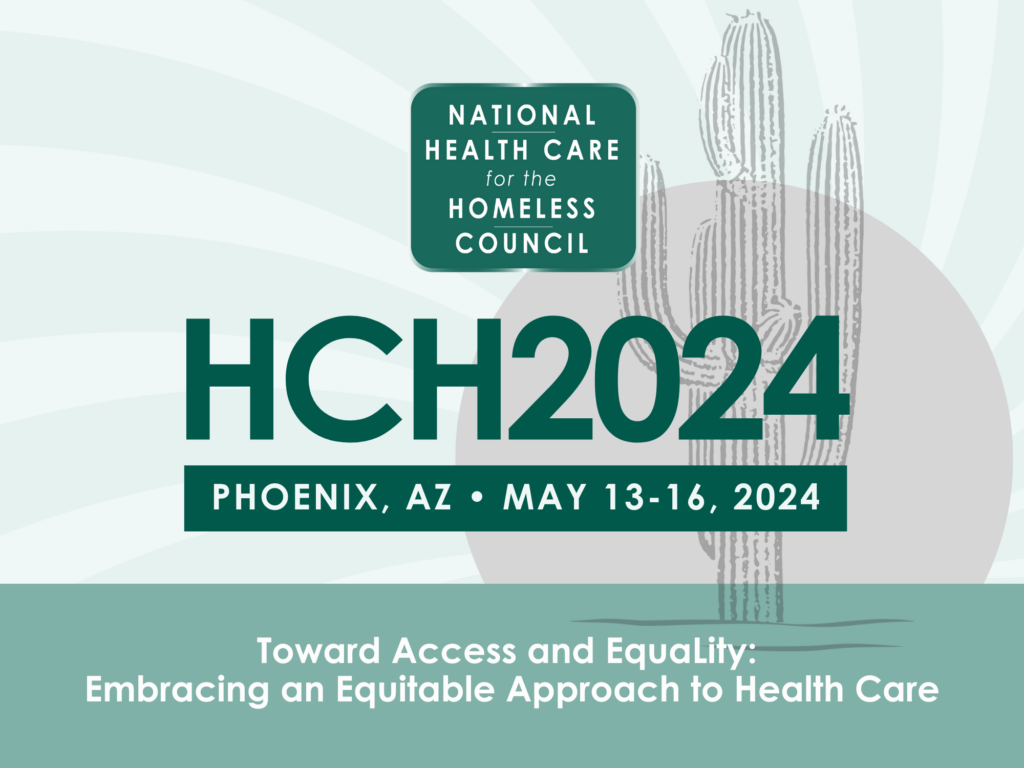Fent to Bupe: Paths to Success from Camp to Clinic
People using fentanyl are losing hope — many think they can’t get on buprenorphine, and that bupe isn’t strong enough to help them feel OK without fent. In this workshop we will prepare medical providers to support patients starting bupe, from pre-induction preparation, to choosing an option for induction, to aftercare in a variety of […]
Fent to Bupe: Paths to Success from Camp to Clinic Read More >>


